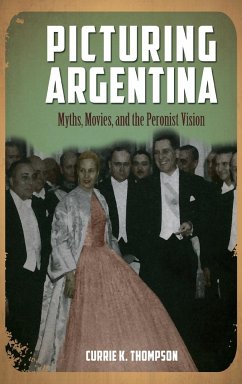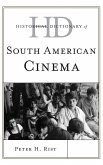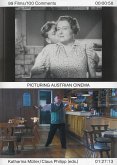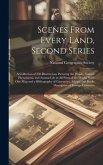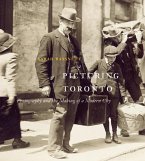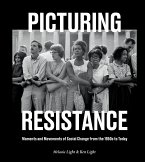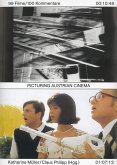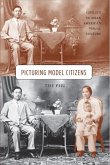Although Juan Domingo Perón's central role in Argentine history and the need for an unbiased assessment of his impact on his nation's cinema are beyond dispute, the existing scholarship on the subject is limited. In recent decades Argentina has witnessed a revival of serious film study, some of which has focused on the nation's classical movies and, in one case, on Peronism. None of this work has been translated into English, however.This is the first English-language book that offers an extensive assessment of Argentine cinema during first Peronism. It is also the first study in any language that concentrates systematically on the evolution of social attitudes reflected in Argentine movies throughout those years and that assesses the period's impact on subsequent filmmaking activity. By analyzing popular Argentine movies from this time through the prism of myth-second-order communication systems that present historically developed customs and attitudes as natural-the book traces the filmic construction of gender, criminality, race, the family, sports, and the military. It identifies in movies the development and evolution of mindsets and attitudes that may be construed as "Peronist." By framing its consideration of films from the Perón years in the context of earlier and later ones, it demonstrates that this period accelerates-and sometimes registers backward-looking responses to-earlier progressive mythic shifts, and it traces the development in the 1950s of a critical mindset that comes to fruition in the "new cinema" of the 1960s. Picturing Argentina: Myths, Movies, and the Peronist Vision is an important book for Latin American studies, film studies, and history collections.
Hinweis: Dieser Artikel kann nur an eine deutsche Lieferadresse ausgeliefert werden.
Hinweis: Dieser Artikel kann nur an eine deutsche Lieferadresse ausgeliefert werden.

